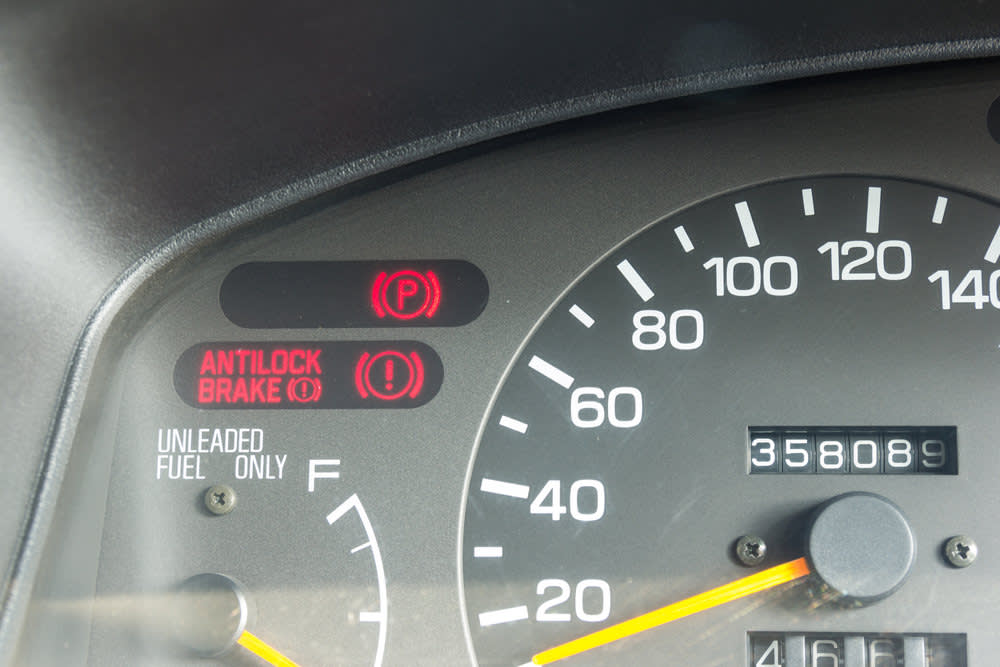

Your vehicle's onboard diagnostic system (OBD II) monitors other onboard systems to communicate vital information to you. For most vehicles, the only way the car can deliver that information is through dashboard warning lights (some new, high-end vehicles can use the infotainment system to communicate some information). It’s important that you know what each light on your dashboard indicates, and what it means when they light up.
What does it mean when the dashboard warning lights blink?
There’s no single answer as to why a dashboard warning light might blink. Each light in your dash is tied to a different system. The OBD II system on your car only controls the Check Engine Light, for instance. The ABS system is tied to the ABS light. The tire pressure monitoring system uses the TPMS light (which might spell out TPMS, or might be a picture of a tire). What’s more, there are different types of flashes that you should know.
Brief flashing during engine startup and then off: It is normal if your dash warning lights flash briefly right after cranking your engine and then turn off. Each system performs a self-check when you turn on your car. The lights turn off after verifying that the systems are operating.
Flashes and then stays on: If one of your dash warning lights flashes briefly and then stays on, it means there’s a problem with whatever system that light is tied to. For example, your Check Engine Light might flash and then stay lit if there’s a misfire in the engine, or if one of your oxygen sensors has failed.
Flashes without stopping: Generally, only the Check Engine Light will flash constantly, and only if the OBD II system detects multiple issues. Constant flashing could indicate any variety of problems, so it's safest to avoid driving and have a mechanic inspect your car as soon as possible.
There are other lights that might flash without stopping, including the following:
Oil light: Indicates a severe drop in oil pressure.
Temperature light: Indicates your engine is about to overheat.
In the end, whether a warning light comes on or stays on, or starts flashing, it’s an indication that there is a problem, and a potentially serious one (particularly with flashing dash lights). It’s important to have your vehicle inspected by a professional mechanic immediately.



